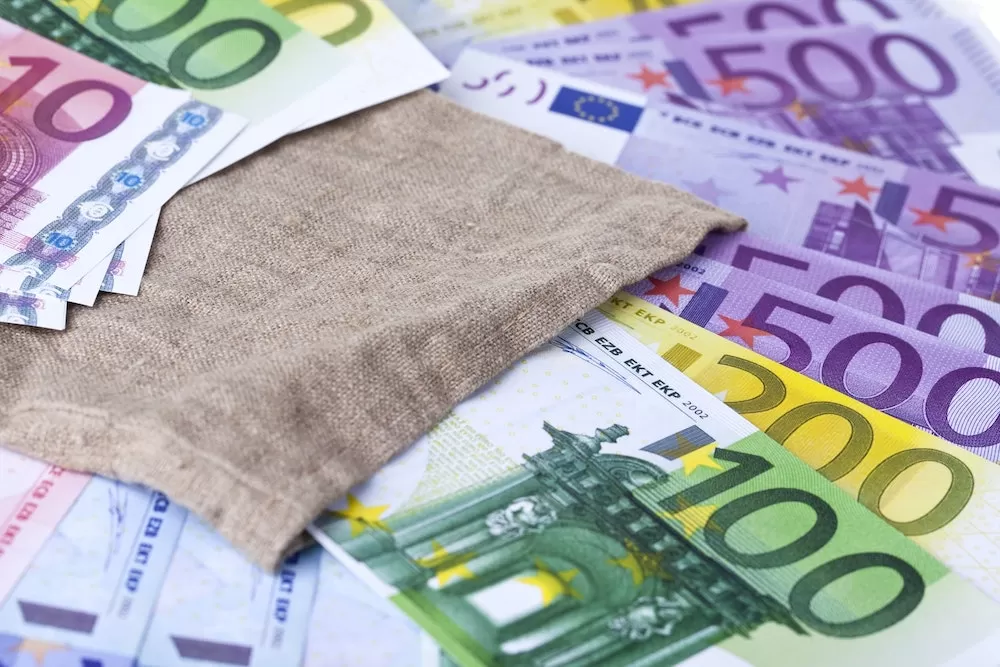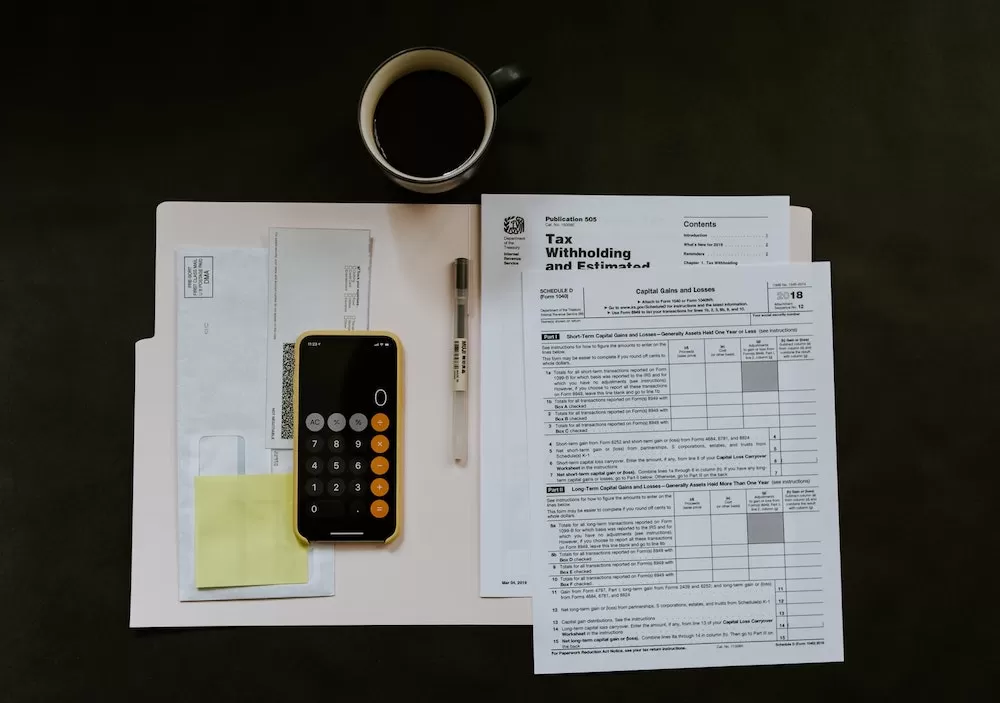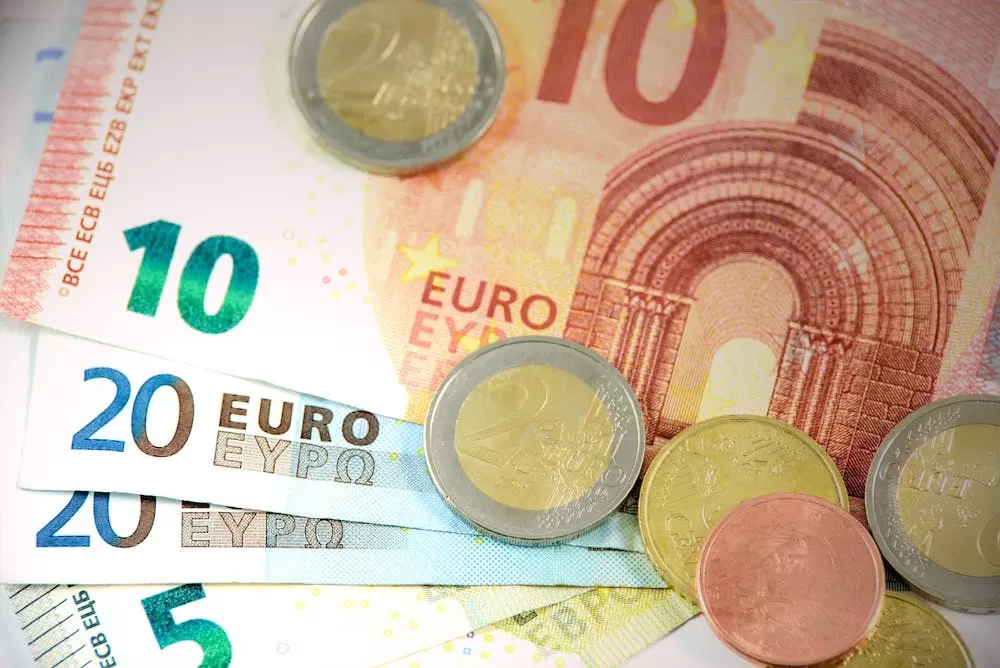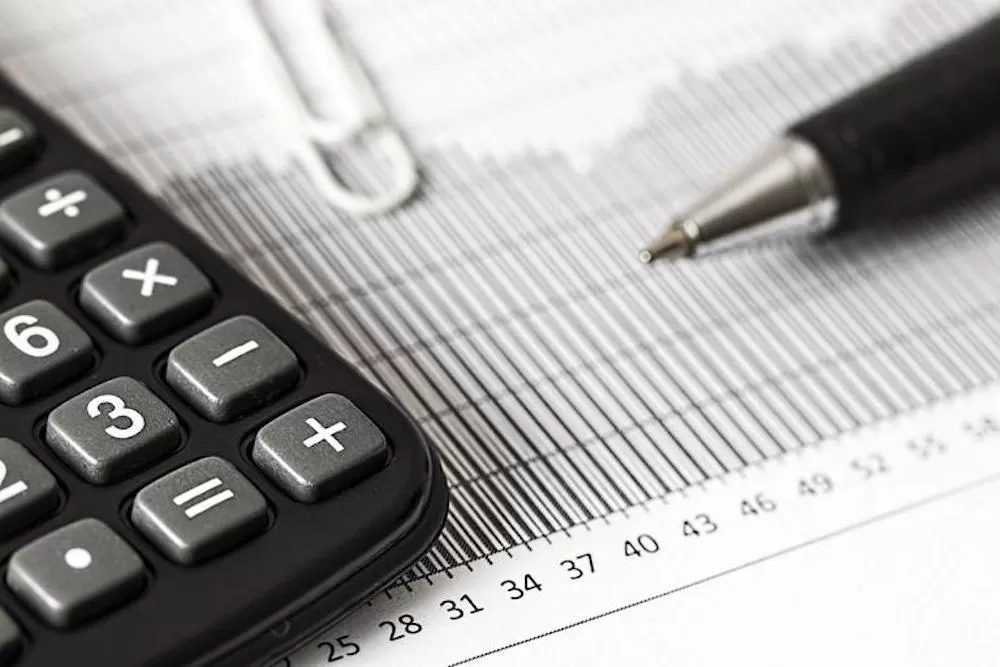Ask anyone about Monaco and you'll frequently get the same answer: it's a tax haven. Sure, this coastal city-state is known as one of the most glamorous places in the world. A lap of luxury with historic prestige and a tumultuous heritage, not to mention a playground for the rich and famous. But for a lot of people, Monaco is best known as a tax haven. But what does this exactly mean? And how is Monaco's tax system overall? Is that the reason why the wealthiest people like going here? All of these questions will be answered by this post!
Why Monaco is Considered a 'Tax Haven'
Let's answer the first question: what does 'tax haven' really mean? In essence. a tax haven is an offshore country where people and businesses get little to no tax liability. Simply put, the residents and companies here don't have to pay as many taxes as they do in other countries. That alone is a huge incentive. It’s part of the reason why
Monaco’s job market is relatively stable too. In many countries, no matter how big their economies, they tend to impose incredibly high tax rates. This often makes living costs and running a business difficult to manage. At least, in Monaco, with fewer taxes to worry you, you can focus on enjoying your stay here more.
Who Are Taxed in Monaco?
Make no mistake, just because Monaco is a tax haven, that doesn't mean people don't pay taxes here. It simply means they pay fewer taxes than those living or working in other countries. In truth, citizens and residents still pay taxes in Monaco. They also contribute to their social security, ensuring that they can get their pension for when they retire. Not to mention their own healthcare, be it the public option or a private plan. Add to that the inheritance tax paid by people who've inherited land or assets within the principality. All of these are required contributions by the state.
No Tax Income in Monaco
For many people who live in Monaco, one of the best reasons to stay here is because there's no income tax. How much you earn for yourself in whatever
job you find here, you get to keep all your money. Unlike in other countries, where an income tax is imposed, you have to shell out a good chunk of your paycheck to the government. More often than not, they base their income tax rates on how much the taxpayer earns every month. This means the bigger your salary, the bigger your contribution to your income tax.
Monaco's Inheritance Taxes
Speaking of an inheritance tax, that's actually one of the more important imposed on citizens and residents of the principality. Though, while in other countries, such as
France or
Italy, the rate depends on how much a person has inherited in value, here in Monaco, it's a little different. The inheritance tax rate depends on how close the heir/ess is to the deceased. For instance, if the heir/ess is a direct descendant or spouse of the deceased, the inheritance tax is virtually non-existent. For aunts, uncles, nephews, and nieces, the rate is 10%. While for unrelated persons—but made heir/ess by will—the tax rate goes up to 16%.
Social Security in Monaco
Of course, there's also social security in Monaco. The system, known as
Caisses Sociales de Monaco (C.S.M.), is a fund to ensure that every resident in the principality is taken care of. Both employers and employees contribute to this, making it one of the most important forms of tax in the city-state. All contributions go to funding the healthcare system, which offers a public option to ensure that everyone is, at least, covered, as well as pension for retirement. The latter operates on a credit-based system, making it that the more you contribute to your social security, the bigger your pension will be.
Monaco's VAT
Finally, there's Monaco's Value-Added Tax (VAT). All countries have one and this city-state is no exception. In fact, VAT is more important to tourist spots like Monaco since both locals and tourists contribute to this tax. Here in Monaco, the fixed VAT rate is 20%. It's the same as in France, in it that moe basic products have lower rates. For food and non-alcoholic drink, the rate goes down to 10% to 5.5%. Meanwhile, medicine goes even lower to 2.1%. And most, if not all public transport has virtually no VAT added!
For the rest of the world, Monaco is considered a 'tax haven,' making it one of the most desirable destinations both for vacation, relocation, and starting a business. Simply put, this means the way they do taxes here is certainly different from the way other countries do it!
As long as you handle your taxes in Monaco the right way, you can still live a comfortable life in your
luxury home here!



